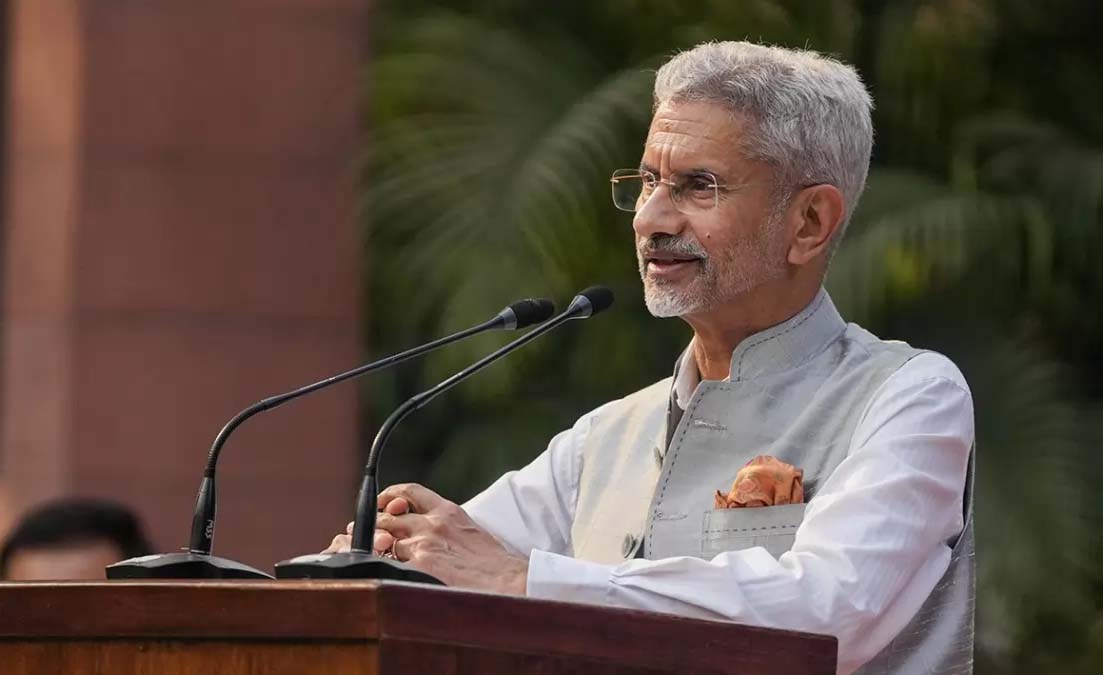Upon reflection of the aftermath of the 2008 Mumbai terror attacks, the preceding UPA government opted for a course of inaction, citing that the expense of engaging with Pakistan exceeded the cost of abstaining, as stated by External Affairs Minister S Jaishankar on Tuesday. Characterizing India as a representative of the ‘Global South’, encompassing roughly 125 nations, he highlighted the trust vested in India by these nations to champion their causes and stances on the global stage.
Speaking at a discourse themed ‘Foreign Policy the India Way: From Diffidence to Confidence’, the minister underscored that India holds a moral responsibility toward countries that languished under colonial rule, unable to rebound or reconstruct as swiftly as India.
“We represent the Global South, a collective of approximately 125 nations worldwide. These nations rely on India to advocate for their interests, their standings globally,” he articulated. Addressing border challenges, he emphasized that the crux of defense lies not in mere public displays, but in infrastructure development, bolstering military capabilities, and establishing a responsive framework against border threats.
During what he termed the “defensive era,” he noted a tolerance for terrorism, alluding to the UPA’s prior tenure. “Post-Mumbai (attacks), the national security advisor of the previous UPA administration penned, ‘We deliberated, explored all avenues. Ultimately, we opted for inaction. We chose inaction, rationalizing that the costs of an offensive against Pakistan outweighed the costs of non-action,'” he asserted, leaving judgment to his audience.
Tracing the evolution of foreign policy from “diffidence” to confidence, he remarked, “Our journey from diffidence to confidence was marked by crossing the line of control. This was evident again in our strike at Balakot.” He highlighted a newfound assurance in dealings with the United States compared to past engagements.
Responding to queries on the potential export of BrahMos missiles following the Philippines deal, he cited this as a prime example of the synergy between Make in India and defense initiatives, a significant milestone for the nation.
“However, it’s not limited to BrahMos. Other equipment will follow suit. This marks a new frontier for India. PM Modi has been a staunch advocate, urging our defense manufacturers that we are now globally competitive. I am confident in the trajectory of our defense exports,” he concluded.




